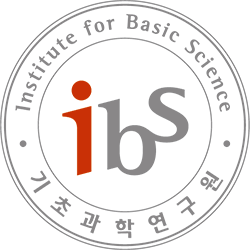Mehtaab Sawhney, Anticoncentration in Ramsey graphs and a proof of the Erdős-McKay conjecture
An $n$-vertex graph is called $C$-Ramsey if it has no clique or independent set of size $C\log_2 n$ (i.e., if it has near-optimal Ramsey behavior). We study edge-statistics in Ramsey graphs, in particular obtaining very precise control of the distribution of the number of edges in a random vertex subset of a $C$-Ramsey graph. One …

